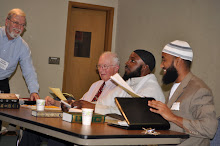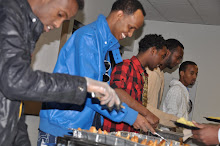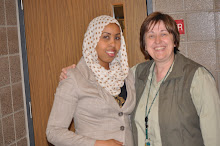Web-based program aids translation at Melrose, Long Prairie clinics
By Frank Lee • fclee@stcloudtimes.com • November 19, 2009
Comments(0)RecommendPrint this page E-mail this article Share
Del.icio.us Facebook Digg Reddit Newsvine Buzz up!
Twitter Health care reform is a complicated issue, but providing health care to people whose native language is not English just got a little easier.
CentraCare recently announced the use of a Web-based program at its Melrose and Long Prairie clinics “to provide linguistically and culturally competent care” to patients with limited English.
“We have significant Spanish-speaking populations in both Melrose and Long Prairie,” said Toni Tebben, site coordinator at CentraCare Clinic-Long Prairie.
The software application ProLingua helps the clinics’ staff to speak directly to patients in their primary language, from admission to discharge.
“ProLingua allows each member of our staff to focus on the care provided, rather than communication concerns,” said Julia Draxten, site coordinator at CentraCare Clinic-Melrose.
The software displays questions the health care provider wants to ask in English and in the patient’s native language on a monitor. It also uses pictures to help bridge the cultural gap.
“The way it’s designed is that it asks a series of questions in a way to get at essential information that we need, such as name, date of birth — basic information that we take for granted,” she said.
ProLingua currently supports Spanish, Vietnamese, Mandarin, Russian and Korean, with Somali, Arabic and Haitian-Creole in development.
“We’ve always used telephone interpretation services as well as in-person interpretation services, and we have a lot of our documents already translated into other languages, but what ProLingua does is allow us to have a lot of the information at our fingertips,” she said.
ProLingua also will say aloud the question that is being asked of the patient in the patient’s native language, according to Draxten.
“We can also print and send home patient instructions in, say, Spanish, so if they were there for an ear infection, we can tell them how to care for themselves in their own language,” she said.
Basic information such as the correct spelling of a patient’s name is important in order to look up a patient’s medical history if the patient has been previously seen at CentraCare.
“... We are committed to providing the highest quality of care to all patients, regardless of the language they speak,” Draxten said.
Thursday, November 19, 2009
Subscribe to:
Comments (Atom)

















































